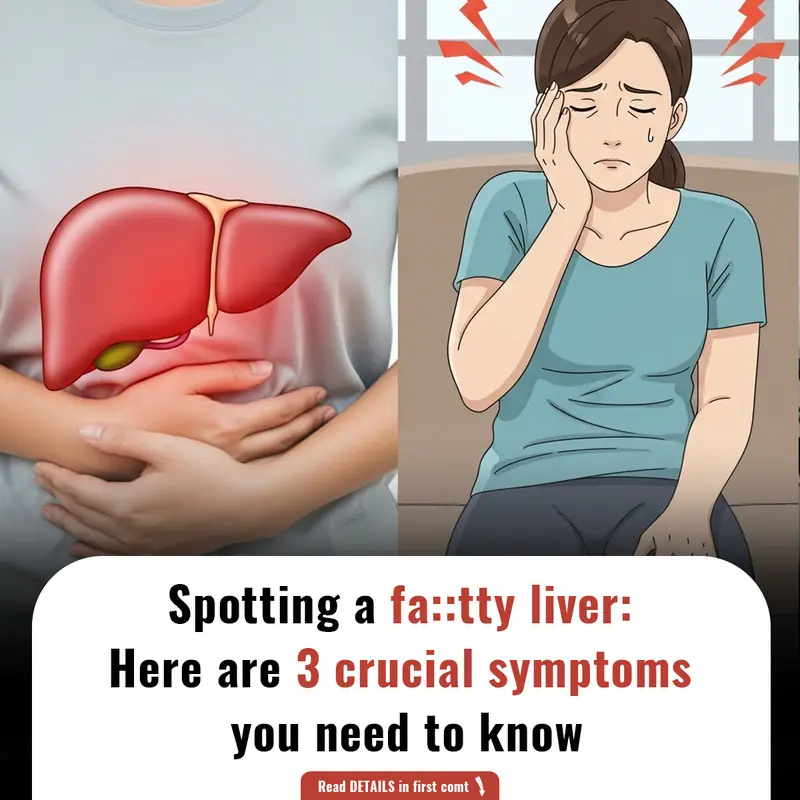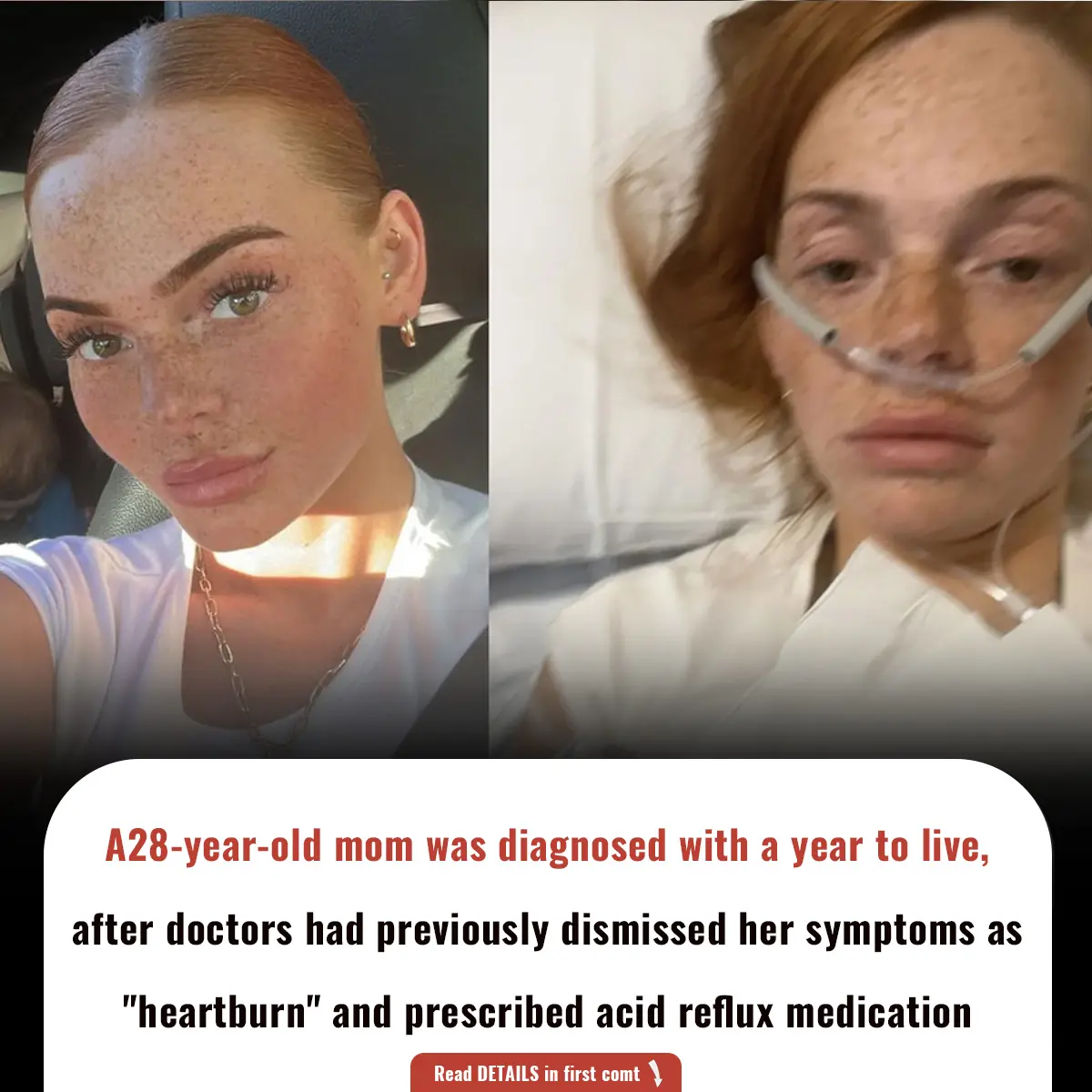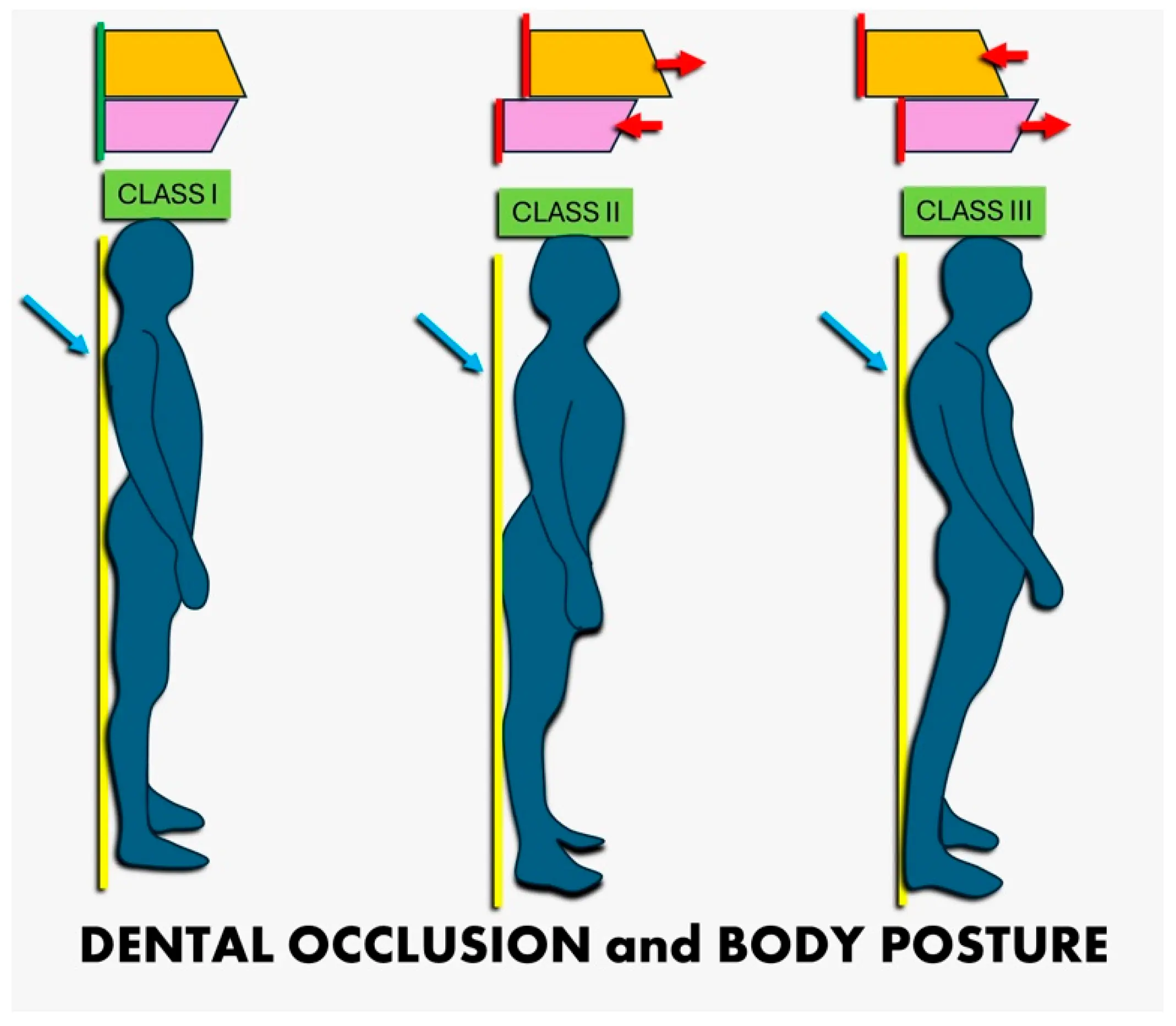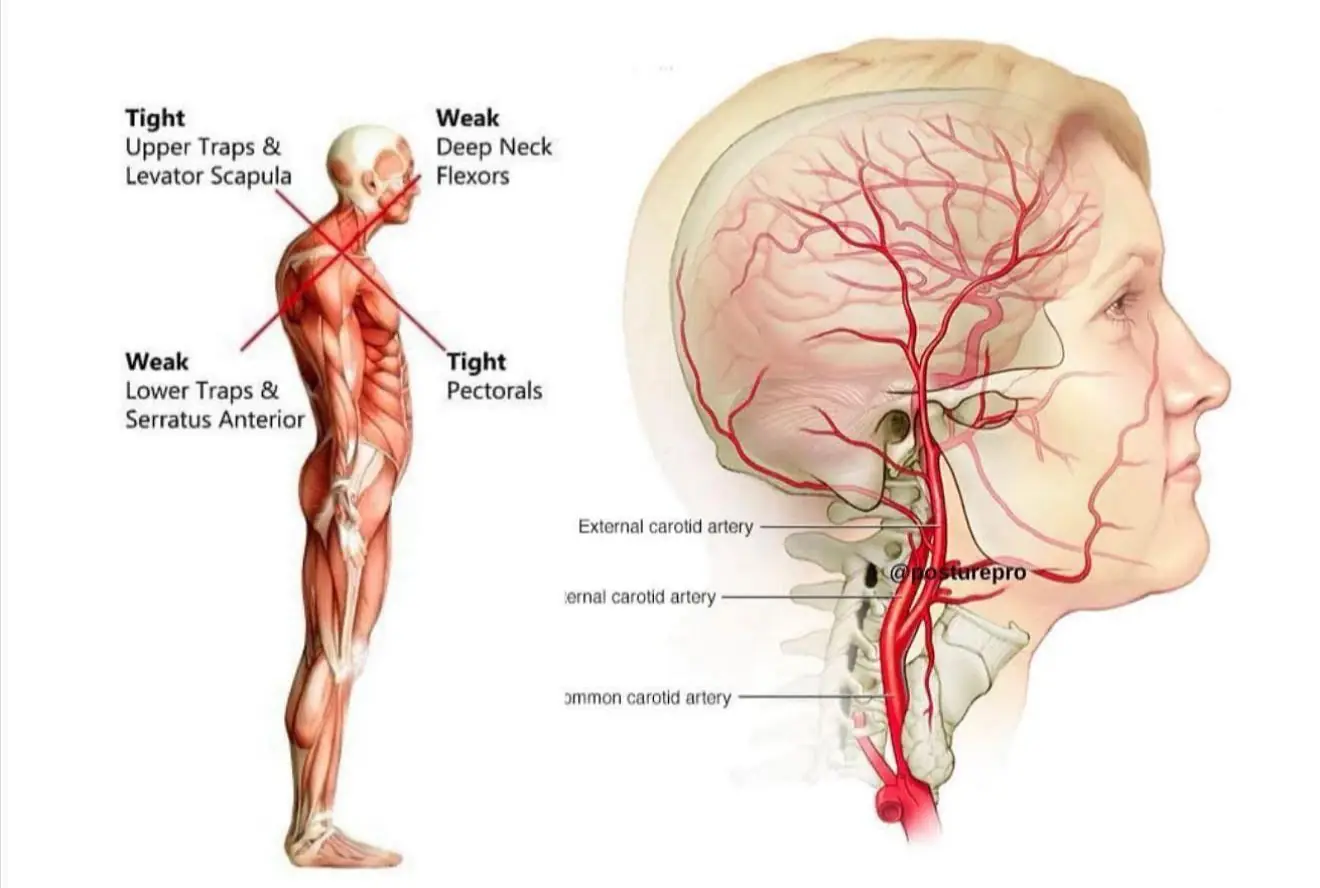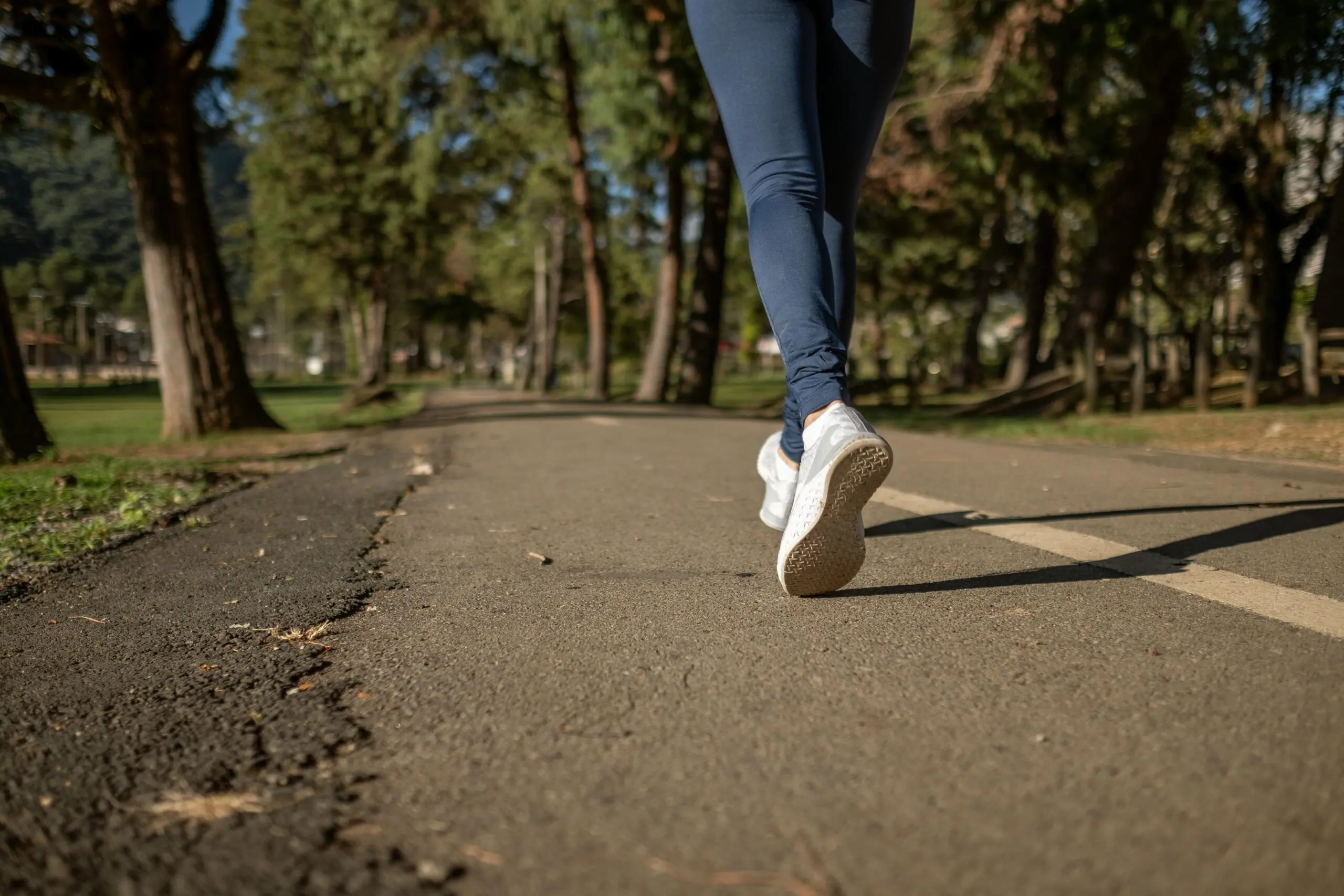The Time You Take Your Blood Pressure Medication Might Matter More Than You Think
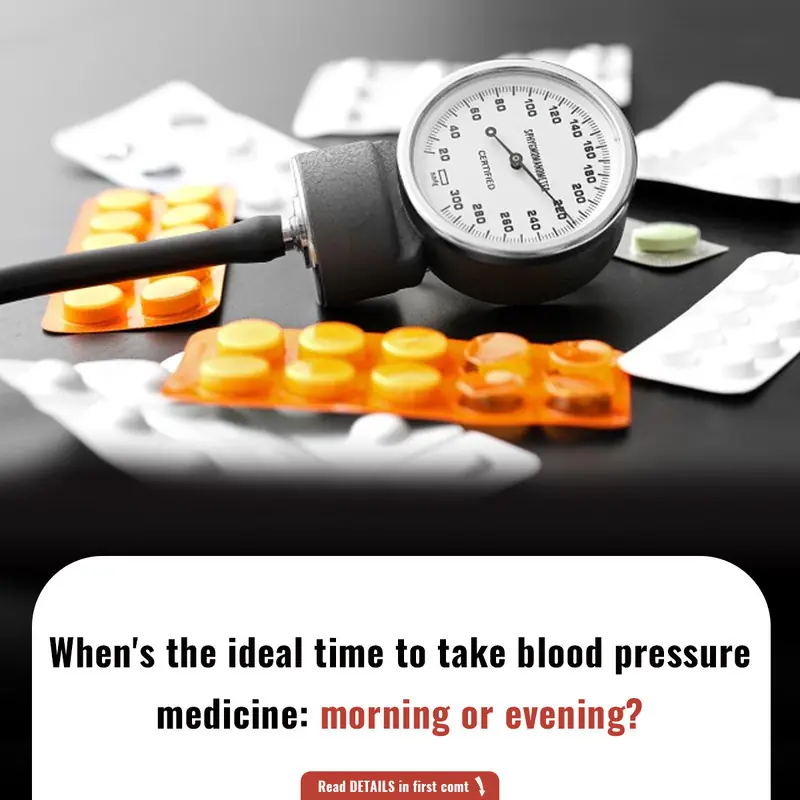
If you're taking your blood pressure pill first thing in the morning—because your doctor told you to, or simply because it fits your routine—you’re in good company. But here’s something you may not know:
the timing of your medication could be just as critical as the medication itself.
Emerging research is challenging long-standing advice and suggesting that taking blood pressure medicine in the evening may offer greater protection against heart attacks, strokes, and even premature death for people with hypertension.
So, what’s really better—morning or nighttime dosing?
The Old Approach: Morning Wins… Maybe?
Traditionally, doctors have advised patients to take blood pressure medication early in the day. It seems logical: you wake up, take your meds, and go about your business. This advice stems from the fact that blood pressure tends to rise in the morning—just as your alarm clock goes off—driven by your body's internal clock releasing stress hormones like cortisol and adrenaline.
A 2022 study in The Lancet followed more than 21,000 patients. Half were instructed to take their meds between 6 a.m. and 10 a.m., and the other half between 8 p.m. and midnight. After about five years of follow-up, the difference in major cardiovascular outcomes was minimal—3.7% for the morning group vs. 3.4% for the night group, according to a Harvard Health summary of the findings.
While this suggests morning dosing is safe and effective, it doesn’t necessarily mean it’s the best option for everyone.
A New Wave of Research: Is Bedtime Better?
A 2019 study from Spain created quite a stir in the medical world. In this large-scale trial, researchers observed over 19,000 people with hypertension over a six-year period, comparing outcomes between those who took their medication in the morning versus at night.
The results were remarkable. People who took their meds at bedtime saw:
-
A 40% drop in heart attack risk
-
A 34% lower risk of stroke
-
A 66% reduction in cardiovascular-related death
That’s not a small improvement—it’s a significant shift. The theory behind these results is that while blood pressure naturally dips at night, many people with high blood pressure—particularly seniors or those with diabetes—don’t experience this drop. This is known as a “non-dipping” pattern, and it’s linked to higher cardiovascular risk. Taking medication at bedtime may help restore this overnight dip, giving the heart a chance to rest.
Should You Switch to Nighttime Dosing?
Not necessarily. There’s no universal “perfect time” for taking blood pressure medication. Several factors need to be considered:
1. Type of Medication Matters
Some drugs, like diuretics (water pills), increase urination. If you take them at night, you may be up multiple times to use the bathroom. Other medications, like ACE inhibitors, ARBs, or beta-blockers, may be more effective at night—depending on your individual health profile.
2. Do You Have a Non-Dipping Pattern?
A 24-hour ambulatory blood pressure monitor—a device worn to track your blood pressure all day and night—can help your doctor determine if you fall into the non-dipping category. If so, evening medication might better support your heart health.
3. What’s Your Daily Routine Like?
Let’s face it—meds only work if you remember to take them. If evening dosing makes you more likely to forget or double-dose, sticking with mornings might be safer.
4. Are You Taking More Than One Medication?
Sometimes, splitting doses—taking one medication in the morning and another at night—can provide the best blood pressure control throughout the day and night.
What Should You Do?
Don’t make changes without consulting your doctor. Blood pressure is more than a number—it follows a rhythm that interacts with your body's daily cycles. What works for one person might not work for another.
Here are a few practical takeaways:
-
If your blood pressure remains elevated despite treatment, ask your healthcare provider whether evening dosing could help.
-
If you have diabetes, kidney issues, or a non-dipping pattern, bedtime dosing may offer more protection for your heart.
-
Avoid taking diuretics at night to prevent sleep interruptions.
-
Be consistent. Skipping doses will do more harm than taking them at the "wrong" time.
-
Lastly, remember that blood pressure control isn’t just about medication. Healthy lifestyle choices—like proper nutrition, physical activity, stress management, and good sleep—are just as essential.
Disclaimer
This content is intended for educational purposes only and is not a substitute for professional medical advice, diagnosis, or treatment. Always speak with your physician or healthcare provider before making changes to your medications or health routine.
Bottom line: Whether your pill is taken at sunrise or sundown, the goal is steady, well-managed blood pressure. The best results come from consistency, communication with your doctor, and a well-rounded approach to heart health.
